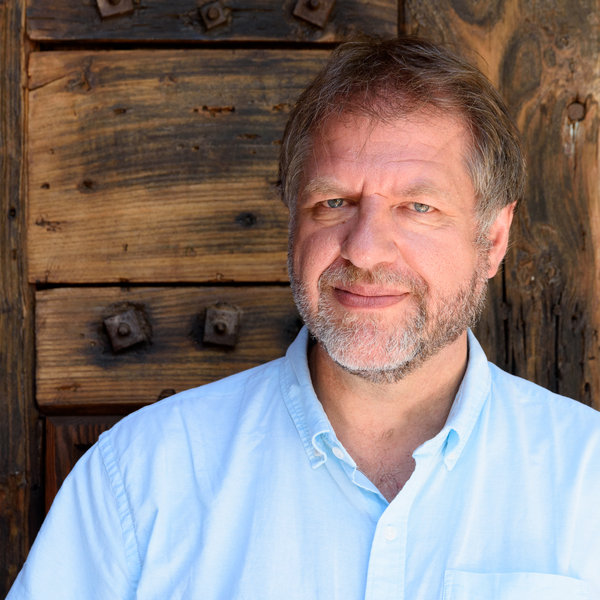Anthropology Colloquium is the department’s speaker series that invites a mixture of anthropologists from within and outside of UBC to present their research. This speaker series is scheduled throughout the academic year, typically with a lunch reception in the AnSo Lounge.
Elephant-induced displacement and the power of choice: Moral Narratives about Resettlement in Mozambique’s Limpopo National Park
Thursday January 30th, 2014
AnSo 134, 11:30-1:30
Rebecca Witter
Postdoctoral Research Fellow,
UBC Institute for Resource Environment and Sustainability (IRES)
Abstract:
Conservation-related resettlement is a problem for people working and living in protected areas across the globe, around which diverse ideas, meanings, and narratives emerge and circulate.
In the first part of this talk, I draw from participant observation and interview data to assess the interactions between two ‘moral narratives’ that emerged in Mozambique’s Limpopo National Park (LNP) where international wildlife translocations were ongoing and resettlement is underway. LNP residents employed a ‘moral narrative of protection’ to achieve their objective of living free from conflict with wildlife. Conservation managers employed a ‘moral narrative of choice’ to advance their goal of achieving a voluntary resettlement programme. These divergent narratives reflect these actors’ morally defined standards and expectations regarding people’s responsibilities towards the environment, other species, and/or other people. Taken together they reveal important contradictions to the state’s claim that the resettlement programme is voluntary. Instead, they indicate that resettlement processes are taking place in a displacement context wrought by conflict with wildlife, elephants in particular. My findings advance understandings of the (as of yet under-examined) moral dimensions of conservation discourse and the complex relationship between displacement and volition.
In the second part of this talk, I take the opportunity to discuss other aspects of my ongoing work on human mobility, resettlement compensation, environmental assessment, and the rights movement in international biodiversity conservation.
Bio:
Rebecca Witter is a Postdoctoral Research Fellow in the Institute for Resource Environment and Sustainability (IRES) at UBC. She has broad interests in the social, historical, cultural, and political dimensions of conservation and other environmental management and decision-making issues. She received her PhD in Environmental Anthropology from the University of Georgia in 2010. Her dissertation assessed changing relationships between human mobility and resource access in Mozambique’s Limpopo National Park (LNP). This research also demanded that she pay close attention to questions of identity, territory, and labor, and that she devote more time than she could have anticipated to talking with park residents about elephants, lions, rhinos, trees, and the ancestors. At UBC Witter continues to develop her work on conservation-related displacement and resettlement. She also collaborates with colleagues at IRES and elsewhere to track the rights movement in international biodiversity conservation and to assess the integration of diverse understandings of values, knowledge, and rights in various environmental assessment and decision-making processes.
Sponsored by: UBC Department of Anthropology and the Institute for Resources, Environment and Sustainability (IRES)


